MedTech News
.................... by Andrew Celentano

Study reveals potential therapeutic target for treating glaucoma
Researchers have identified a metabolically sensitive cell subtype in the eye’s drainage system which shows early signs of dysfunction in a genetic mouse model of glaucoma.
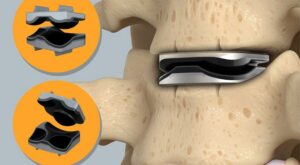
Omnia Medical Announces Commercial Launch of FDA-Cleared PsiF DNA™ System
MORGANTOWN, W.Va., Jan. 20, 2026 /PRNewswire/ — Omnia Medical, a medical technology company developing surgical solutions for spine and interventional pain physicians, today announced the commercial launch of its FDA-cleared PsiF DNA™ Sacroiliac Joint Stabilization System.
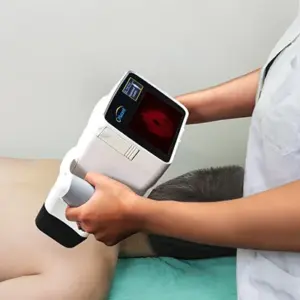
Clinical Trial Demonstrates Accurate Non-Invasive Detection of In Vivo Biologic Activity in Melanomas by the Orlucent® Skin Fluorescent Imaging System
LOS GATOS, Calif., Jan. 20, 2026 /PRNewswire/ — In the pivotal clinical trial of their technology, researchers at Orlucent®, Inc. have confirmed the accuracy of the company’s Skin Fluorescent Imaging (SFI) System, a non-invasive, hand-held molecular imaging device for the direct, on-the-skin, point-of-care assessment of suspicious moles and early detection of melanoma-related activity.
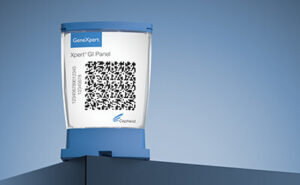
Cepheid Receives FDA Clearance for Xpert® GI Panel to Support Broad Detection of Gastrointestinal Pathogens
FDA-cleared PCR test aids in detection of 11 diarrhea-causing bacteria, viruses, and parasites from 1 sample
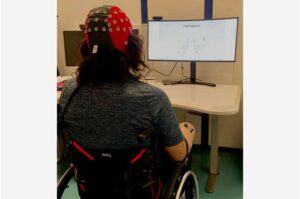
Noninvasive brain scanning could send signals to paralyzed limbs
People with spinal cord injuries often lose some or all their limb function. In most patients, the nerves in their limbs work fine, and the neurons in their brain are still operational, but the damage to their spinal cords prevents the two areas from communicating.

Illumina secures CMS reimbursement for TruSight™ Oncology Comprehensive, expanding access to precision oncology
The FDA-approved comprehensive genomic profiling test will be reimbursed at a rate of $2,989.55 per test, helping to advance adoption in the US healthcare system

Potential new target to treat Parkinson’s disease discovered
About 1 million Americans suffer from Parkinson’s disease, with around 90,000 new cases diagnosed each year, according to the Parkinson’s Foundation. The chronic, degenerative brain disorder destroys dopamine-producing cells essential for smooth, coordinated movement.
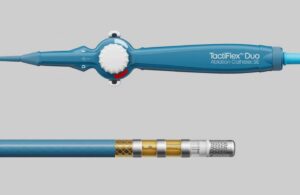
Abbott picks up CE mark for TactiFlex dual-energy ablation catheter
Abbott (NYSE: ABT)+
announced today that it received CE mark for its TactiFlex Duo Ablation Catheter, Sensor-Enabled, to treat AFib.
